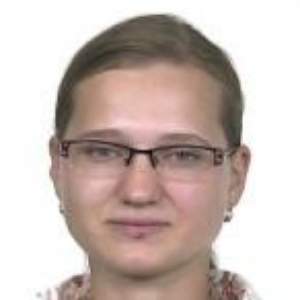Title : Potential of plasma-activated water use in agronomic practice and its effect on soil properties
Abstract:
In the field of agriculture, new ways of increasing yields but also less demanding on the environment are being sought. Current agricultural policy in the agrarian sector tends to reduce inputs in the form of various crop protection sprays or mineral fertilizers. Therefore, ways are being sought to meet this policy. One example is research into the application of plasma-activated water (PAW). PAW contains significant amounts of chemically active species produced in plasma and at the plasma–liquid interface, especially reactive oxygen (ROS) and reactive nitrogen (RNS) species, together known as RONS. Some of the most important species appearing in the bulk liquid of PAW that might be involved in triggering cell mechanisms are .OH, .O, NO, NO2, .H, H2O2, O3, NO2-, NO -, and ONOOH. Changes of chemical composition also led to the acidification of PAW. The extent of acidification and concentration of RONS is dependent on a variety of parameters such as plasma discharge type, discharge power density, formed plasma volume, used electrodes, activation time, initial water chemistry and water volume. Interim research is mainly concerned with the effect of PAW on seed germination. Because PAW, depending on the treatment, is enriched with nitrogen groups and contains hydrogen peroxide, research into its application as a fertilizer or as a fungicide has been extended. However, this means that PAW comes into contact with the soil secondarily. In cooperation between Mendel University in Brno and Brno University of Technology between years 2019 and 2024, about 10 laboratory experiments conducted focused on the effect of PAW on selected soil properties were carried out. These experiments used different soil types that are used for agricultural production in the Czech Republic. PAW was applied at very high doses to simulate long-term application to plants at lower doses. Soil properties monitored were soil texture, conductivity, soil reaction, water absorption. In some cases, different PAWs were used (depending on the production method), but always the reference was treated with distilled water only. All the results obtained show that the application of PAW did not have a negative effect on the monitored parameters of soil. If negative changes were observed, they were like those of the control (distilled water) and therefore more likely to be attributable to the high dose of watering. This fact is positive for the possibility of incorporating PAW into agricultural practice.
Acknowledgement: This work was caused within COST Action CA19110.
Audience Take Away Notes:
- Presenting an alternative for agricultural practice in fertilizer and plant protection more environmentally friendly
- Demonstration of our results in laboratory conditions
- Possibility of establishing research cooperation in this area



